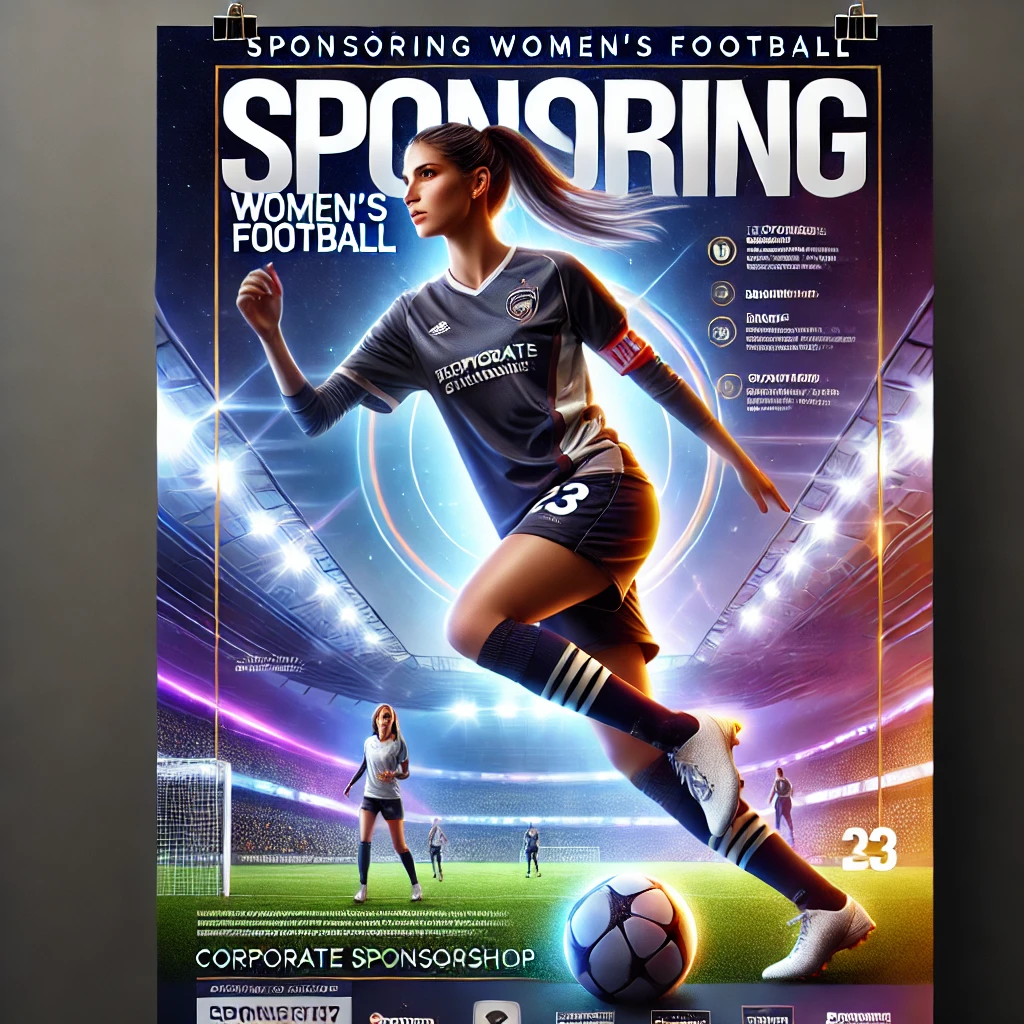SPONSORING WOMEN’S FOOTBALL

Women’s sport is continuing to grow in popularity and gain fans and attract major sponsors all over the world.
This is particularly true of women’s football, where it is reported that many men prefer to watch and follow the women’s game, which is opening up new sports marketing opportunities.
Several major brands are investing in women’s football, reflecting its growing popularity, and these include the likes of Barclays, Visa and Avon.
In fact, BARCLAYS, the major international banking group, are the title sponsors of the successful Women’s Super League, the female equivalent of the men’s Premier League.
For some time, VISA, the credit card and digital payments international company, has sponsored UEFA Women’s Football, with the aim of promoting equality, diversity and inclusion in the women’s game, which are much needed.
AVON, the well-known beauty brand, sponsors Liverpool FC Women’s Team, being the first female-focussed brand to do so in 2017.
One of the particular benefits for sponsors of women’s football allows brands to be seen as innovative and progressive, the so-called ‘first mover’ phenomenon, which provides a clear marketing advantage for their products and services.
Also, sponsors are able to promote the entire sport and not just individual women’s clubs or football associations.
Again, sponsors are able to reach and engage with a growing fan base of women’s football, as well as focussing on different target groups of consumers than men’s football.
This, for example, was one of the reasons for CLARINS, the skin care and cosmetics international company, to enter the women’s football shirt sponsorship market.
As regards the sponsorship agreements themselves, these need to be carefully and clearly drafted and, in particular, the sponsorship rights, including their geographical scope, and the use of logos and other intellectual property rights, should be precisely defined.
Sponsorship agreements may be granted for monetary payments or payments in kind or a mixture of both. Again, clear drafting of them is the name of the game.
Termination clauses and the legal and practical consequences of them need to be defined, as well as applicable law and dispute resolution provisions included in the agreements.
We advise and represent sponsors of women’s football and their clubs on sponsorship agreements, including the negotiation and drafting of them and disputes, and further information is available from Dr Lucien Valloni, our Managing Partner, or Prof Dr Ian Blackshaw, our International Sports Law Consultant, by emailing them at valloni@valloni.ch and blackshaw@valloni.ch respectively.